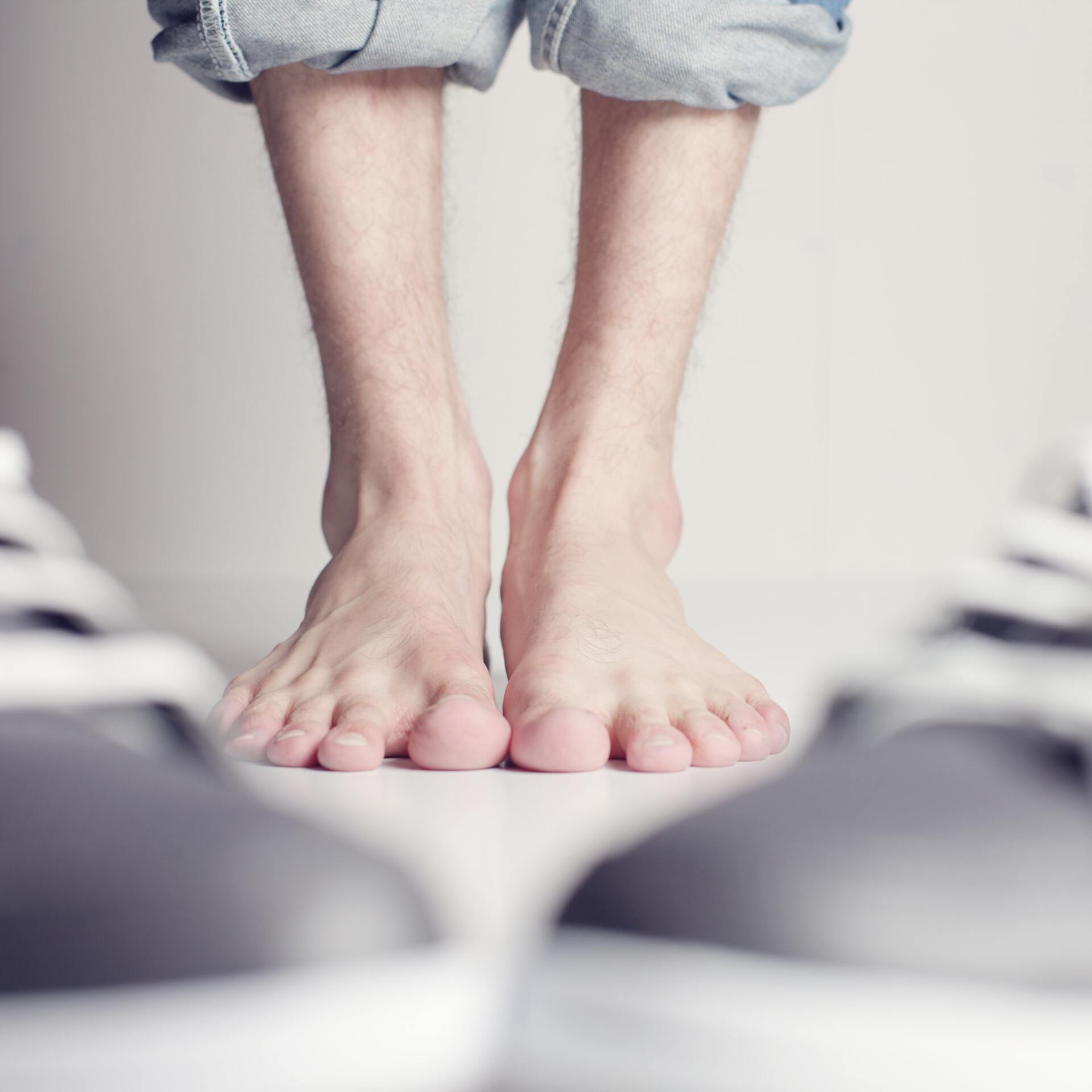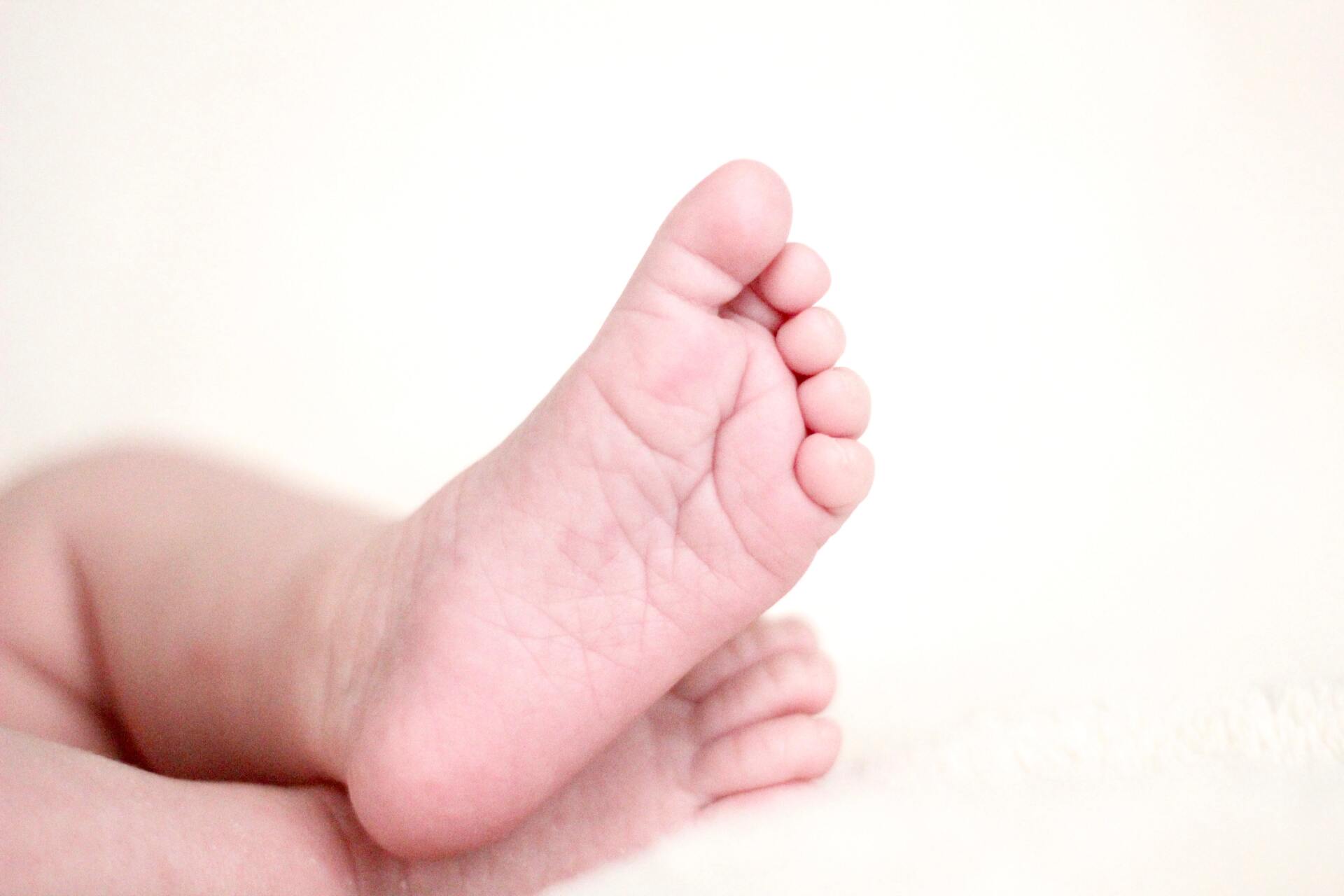Put Your Best Feet Forward
Image credit: Pixabay
Ugh, nothing's right!
As temperatures drop, we're reminded that having uncomfortable feet can make some of us miserable and can even change our mood and make us irritable, or affect our productivity or sleep.
Fortunately, we can take preventive meaures and as they say, "prevention is better than a cure". So here are some tips for putting your best foot forward! 😎
Looking after your feet
- Maintain excellent hygiene -- Wash your feet daily with warm, soapy water. After rinsing well, dry your feet completely, including in between the toes.
- Check your feet regularly -- for cuts, sores, redness, swelling, or bruising. Get to know what's normal.
- Care for the skin on your feet -- apply moisturizer before going to bed if your skin is dry, to prevent it from cracking and to improve its texture. File dry or hard skin using a foot file or pumice stone.
- Trim toenails regularly -- straight across, instead of rounding them at the edges, to prevent ingrown toenails.
- Alternate your footwear and change socks daily -- especially after activities that cause sweating. This helps to prevent damp conditions, which bacteria and fungi love.
- Wear well-fitted and appropriate shoes for the activity -- to prevent corns, calluses, ingrown toenails, foot pain, foot deformities, etc.. To note, shoe size may change due to:
- age - tendons relax and feet may widen
- certain medical conditions and medications - that cause water retention may cause foot swelling
- certain hormones during pregnancy - may cause an increase in shoe size
- Don't wear high heals every day -- this might not be relevant during a pandemic, but wearing high heels every day can limit the flexion of the foot and ankle and cause more serious problems.
- Lead a healthy lifestyle -- and do foot stretches (see the first reference link below for ideas). Maintain a healthy weight and refrain from smoking or having excess alcohol.
- Don't ignore a foot problem -- seek medical attention promptly.
- If you have diabetes, ensure that your regular doctor visits include a review of your feet.
What are common foot conditions that we can help with at The Pharmacy at Wellington?
- Excess sweating and/or odor
- Certain nail problems
- Warts
- Blisters
- Corns and calluses
- Athlete's foot
- Cracked heels
What are common foot problems that you should see your doctor about?
- Changes in your feet and you have diabetes, arthritis, a circulatory disease, a neurological condition, or are immunosuppressed.
- Bunions
- Stress fractures
- Ingrown toenails
Caring for Children's Feet
Image credit: Mufid Majnun on Unsplash
Caring for babies' feet:
- Allow free movement -- babies develop muscles by kicking and wriggling and feet need to be free and active.
- Make sure foot coverings fit properly because babies grow quickly -- pay special attention to combination stretch suits with covered toes. Also, ankle ties of booties should be loose enough to allow good blood circulation.
- Keep babies' feet clean and nails well manicured -- and dry thoroughly, especially in between toes, after washing daily. As with adult toenails, trim straight across rather than rounding at the edges.
When children start to walk:
Continue to maintain good foot hygiene and also:
- Observe your child's gait and seek medical advice if:
- toes turn out a lot
- one foot turns in or out much more than the other
- walking doesn't start by 18 months
- if your child has "knock knees"
- if your child displays significant toeing in.
- Choose the right shoes
- have your child's feet measured when buying shoes to ensure the right length, breadth, and depth. Shoes should be lightweight, flexible, and fit securely onto feet. They should be comfortable around the heel and not too loose or too tight.
- avoid shoes made from synthetic materials as children's feet perspire.
- check shoes regualrly to ensure that there is a 1 cm space between the longest toe and the end of the shoe.
Many conditions can be corrected if identified and addressed early enough. Just as for adults, "prevention is better than a cure".
We're available and happy to help -- just call us at 501-708-4320.
Your local partners in health,
Brittany, Nick, and the whole team
References and Resources:
- Harvard Women's Health Watch on tips for not neglecting your feet: https://www.health.harvard.edu/staying-healthy/dont-forget-your-feet
- Harvard Health on causes of cold feet: https://www.health.harvard.edu/diseases-and-conditions/causes-of-cold-feet
- University of Utah Health on wearing high heels: https://healthcare.utah.edu/the-scope/shows.php?shows=0_yg0o2jx3
- Very Well Health (partner of Cleveland Clinic) on wearing the right shoe size: https://www.verywellhealth.com/do-people-wear-correct-size-shoes-1337769
- University of California Berkeley Wellness on healing cracked heels: https://www.berkeleywellness.com/self-care/home-remedies/article/healing-cracked-heels
- Mayo Clinic on stress fractures: https://www.mayoclinic.org/diseases-conditions/stress-fractures/symptoms-causes/syc-20354057
- Australian government's HealthDirect on foot care for children: https://www.healthdirect.gov.au/childrens-feet
- American College of Foot and Ankle Surgeons on 5 signs your child may have foot problems: https://www.foothealthfacts.org/article/five-signs-your-child-may-have-a-foot-problem
- Institute for Preventive Foot Health on preventive foot health for children: https://www.ipfh.org/foot-care-essentials/preventive-foot-health-for-children
- British National Health Institute on foot care: https://www.nhsinform.scot/healthy-living/preventing-falls/keeping-well/looking-after-your-feet
- Royal Pharmaceutical Society of Great Britain's Pharmaceutical Journal on common foot conditions: https://www.pharmaceutical-journal.com/cpd-and-learning/learning-article/management-and-treatment-options-for-common-foot-conditions/20203233.article?firstPass=false






